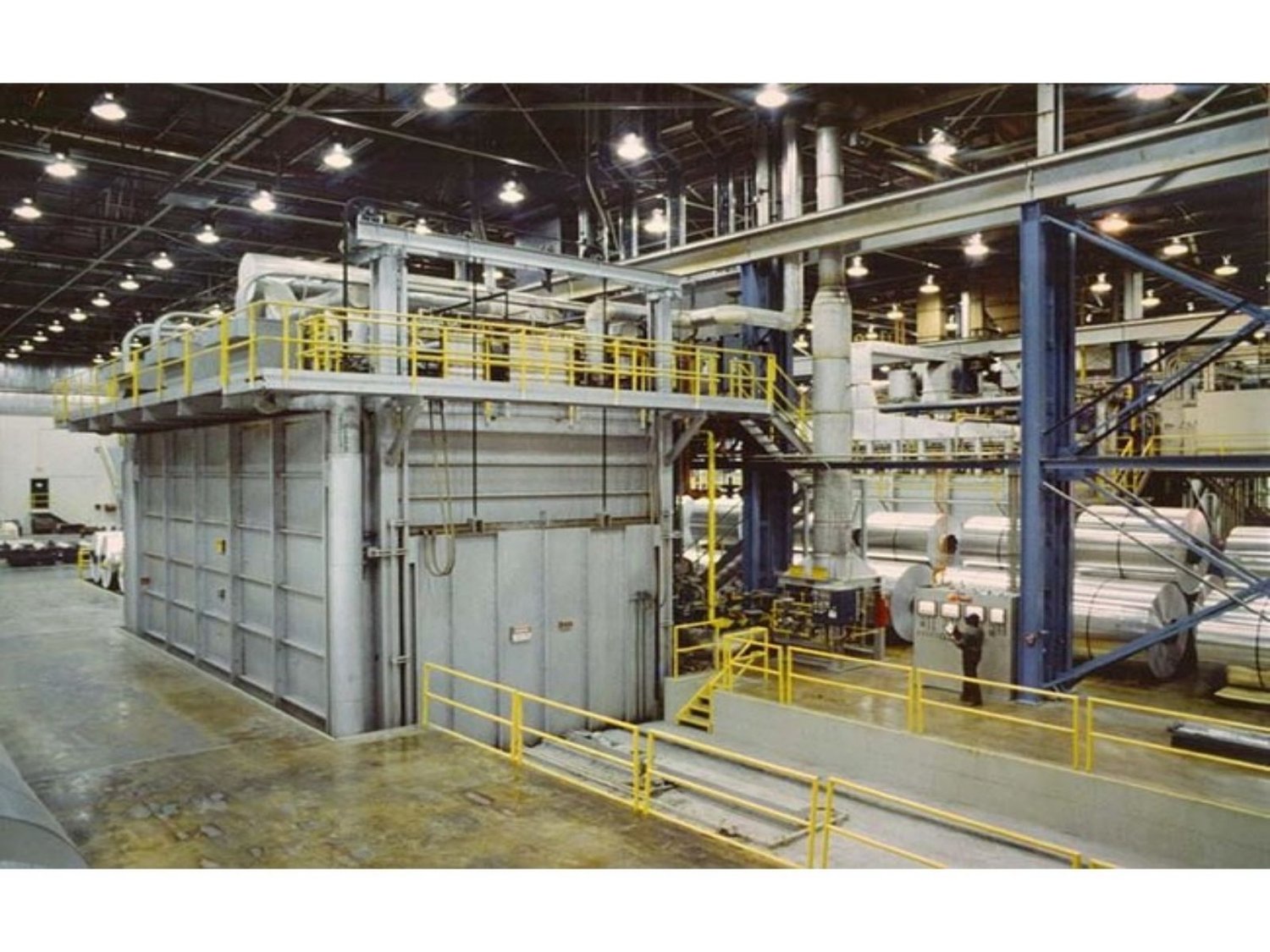Table of Contents

Introduction: Understanding the Importance of Energy Efficiency
Energy efficiency is a crucial aspect of any industrial process, and the baking industry is no exception. In this article, we will delve into the comparison of energy efficiency between carbon car bottom baking furnaces and gas ovens. By understanding the differences and benefits of each option, businesses can make informed decisions to optimize their operations and reduce energy consumption.
The Carbon Car Bottom Baking Furnace: A Closer Look
Carbon car bottom baking furnaces are widely used in the baking industry due to their excellent energy efficiency. These furnaces utilize carbon heating elements embedded within the furnace floor, providing uniform heat distribution. This design allows for precise control over the baking process, resulting in high-quality products with reduced energy wastage.
The Advantages of Carbon Car Bottom Baking Furnaces
1. Enhanced Energy Efficiency: Carbon car bottom baking furnaces offer superior energy efficiency compared to gas ovens. The carbon heating elements ensure minimal heat loss, allowing for precise temperature control and reduced energy consumption.
2. Consistent Baking Results: The uniform heat distribution in carbon car bottom baking furnaces leads to consistent baking results. This not only improves product quality but also reduces the need for rework or wastage, contributing to overall energy efficiency.
3. Reduced Environmental Impact: As carbon car bottom baking furnaces consume less energy, they help reduce greenhouse gas emissions and minimize the industry's carbon footprint. This makes them a more sustainable option compared to gas ovens.
Gas Ovens: Exploring the Energy Efficiency
Gas ovens have long been a popular choice in the baking industry due to their quick heating capabilities. However, when it comes to energy efficiency, there are some aspects to consider.
The Benefits and Limitations of Gas Ovens
1. Rapid Heating: Gas ovens are known for their ability to reach high temperatures quickly. This feature is beneficial for industries requiring fast baking cycles and high production volumes.
2. Operational Costs: While gas ovens may have lower initial costs compared to carbon car bottom baking furnaces, their operational costs can be higher in the long run. The continuous supply of gas and potential fluctuations in gas prices can impact overall energy efficiency.
3. Heat Distribution Challenges: Gas ovens may face challenges in achieving uniform heat distribution, leading to uneven baking results. This can result in increased energy consumption due to the need for longer baking times or additional rework.
Comparing Energy Efficiency: Carbon Car Bottom Baking Furnaces vs. Gas Ovens
1. Precision and Control: Carbon car bottom baking furnaces excel in providing precise temperature control, ensuring minimal energy wastage. Gas ovens may struggle to achieve the same level of precision, leading to potential energy inefficiencies.
2. Heat Retention: Carbon car bottom baking furnaces have excellent heat retention capabilities due to their design. This allows for reduced heat loss and energy consumption during the baking process. Gas ovens may experience higher heat loss, requiring more energy to maintain desired temperatures.
3. Sustainability: In terms of environmental impact, carbon car bottom baking furnaces are the more sustainable choice. Their energy efficiency helps reduce carbon emissions, contributing positively to climate change mitigation efforts.
Conclusion: Making Informed Decisions for Energy Efficiency
When comparing the energy efficiency of carbon car bottom baking furnaces to gas ovens, it is clear that carbon car bottom baking furnaces offer significant advantages. Their precise temperature control, uniform heat distribution, and overall sustainability make them an ideal choice for businesses seeking to optimize their energy consumption and reduce environmental impact.
